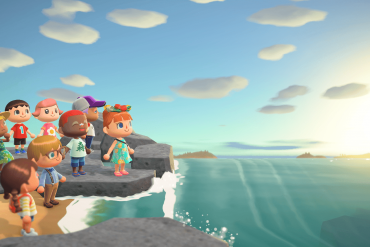December 2019
…
Videogames are for TV
A pair of pieces document some early incursions of videogames onto TV.
- That Show About Video Games You’ve Never Heard Of – Bobdunga (11:03)
Bobdunga presents a neat retrospective on 90’s Canadian children quiz show Video & Arcade Top 10, celebrating its focus on fun and participation in a time before gameplay footage was abundantly available. (Autocaptions)
- The Game Awards and The History of Video Game Award Shows – NowThis Nerd (12:27)
To uh, celebrate (?) the madness of The Game Awards, which also happened in December, NowThis
…






